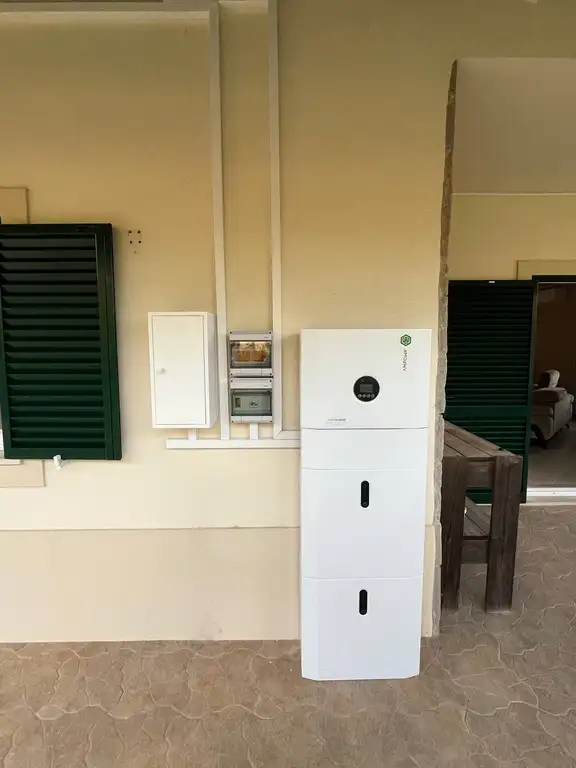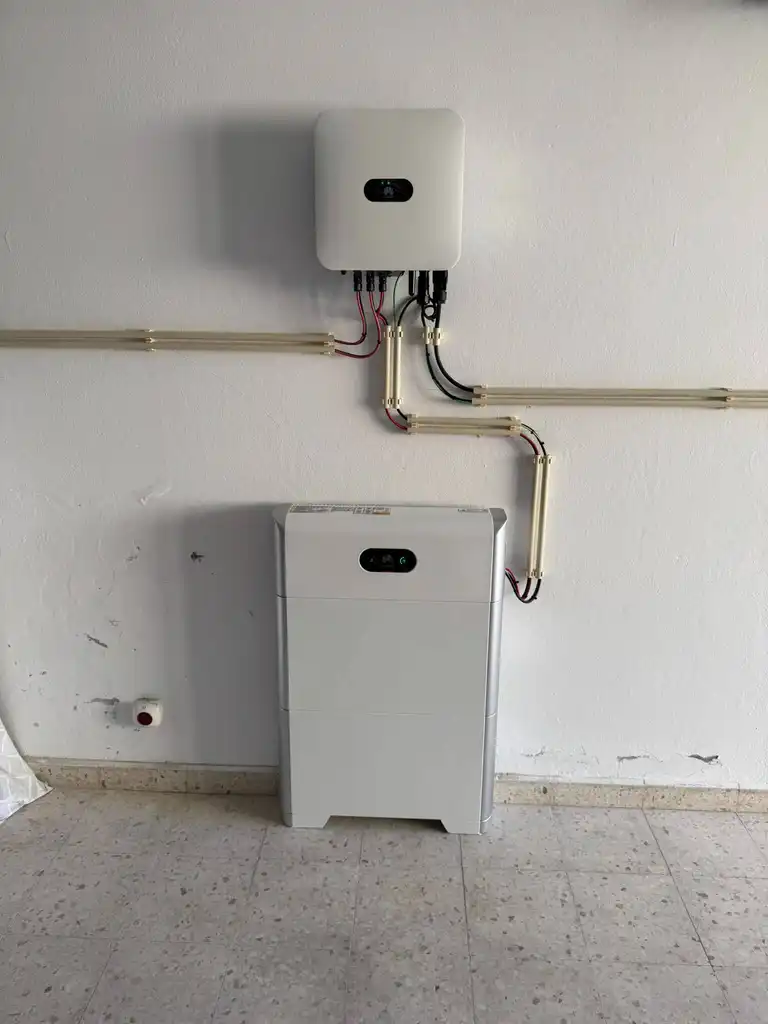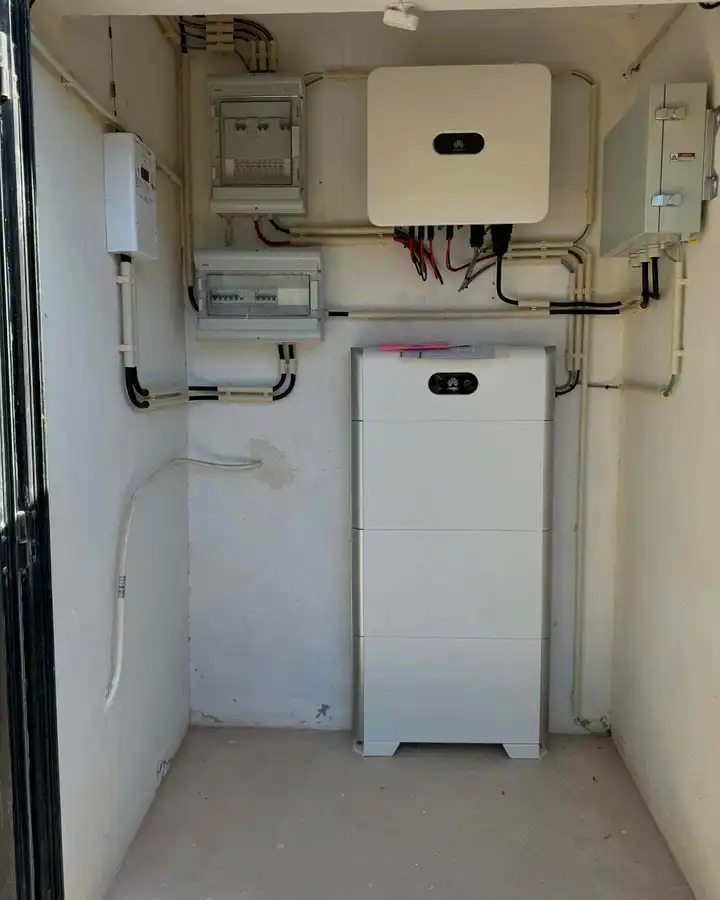Efficient Energy Storage with Solar Batteries
- More energy independence
- Lower energy costs
- Free energy at night
We are preparing your calculation.
An error occured.




Investing in a solar battery installation is an important decision that can significantly improve your home’s energy efficiency and reduce your dependence on the grid. It’s crucial to choose the right system to meet your specific needs. Book a free consultation today to learn how solar panel batteries can benefit you.
With a solar battery storage, you’re not just prepared for the future but also protected against rising energy prices. By storing and using more of your own solar energy, you’re less reliant on the electricity grid. This reduces your exposure to fluctuating energy prices and helps make your energy costs more stable and predictable, even as prices continue to rise.
Optimize the efficiency of your solar panels by using solar battery storage to store excess energy. This system allows you to make the most of your generated solar power, reducing energy costs and ensuring more efficient use of the energy produced by your solar panels.
By using a solar battery, you can use more of your own generated solar energy instead of feeding it back into the grid. This increases your self-consumption, leading to lower electricity bills and more control over your energy usage. Solar battery installation ensures that you can store excess energy for use during nighttime or cloudy days, maximizing your energy savings.
Flow batteries come with newer technology and are less common than lithium-ion and flooded lead-acid batteries. They store energy in liquid electrolytes, offer long life cycles, and are able to discharge power completely without getting damaged. However, flow batteries are the most expensive of the three options.
Lithium-ion solar batteries are one of the most popular options in the market. They are known for their long lifespan, deep discharge capabilities, and high efficiency. However, lithium batteries tend to be more expensive than other types of solar batteries.
These are more affordable off grid solar batteries. However, flooded lead-acid batteries are less efficient than lithium batteries. Plus, they have shorter life spans and require regular maintenance.

Investing in a solar battery installation is an important decision that can significantly improve your home’s energy efficiency and reduce your dependence on the grid. It’s crucial to choose the right system to meet your specific energy needs. Let our highly experienced solar energy experts guide you on what to buy and install for your home.
Book a free consultation today to learn how solar panel batteries can benefit you. Our team will assess your current energy usage, and recommend the best solar battery and solar panel combination to maximize your savings and energy independence.
The best battery for a solar system depends on your energy needs, budget, and preferences. The most common options are:
For most homeowners, lithium-ion batteries are the preferred choice due to their efficiency and long-term cost savings.
The duration a 10kWh solar battery will last depends on your energy consumption:
If you use 1kW per hour, it will last approximately 10 hours. If your household consumes 5kW per hour, the battery will last about 2 hours.
For reference, an average home in Portugal consumes around 8–10kWh daily, meaning a 10kWh battery could potentially power your essential appliances overnight.
For off-grid solar systems, batteries must store enough energy to supply power when there’s no sunlight. The best options are:
The number of solar batteries required to go off-grid depends on several important factors. There is no fixed answer, as each situation is unique. For the most accurate result, it’s best to have a solar expert evaluate your specific needs.
Key factors include:
A properly sized system must strike the right balance between production, battery storage, and your actual usage.
Our team at Voltaicos can help you calculate the right number of batteries for your home or business in the Algarve. Contact us for tailored advice and a free consultation.
The size of the battery required depends on:
For a fully off-grid system, a capacity of 15–30kWh is recommended to account for higher usage and autonomy during cloudy days.